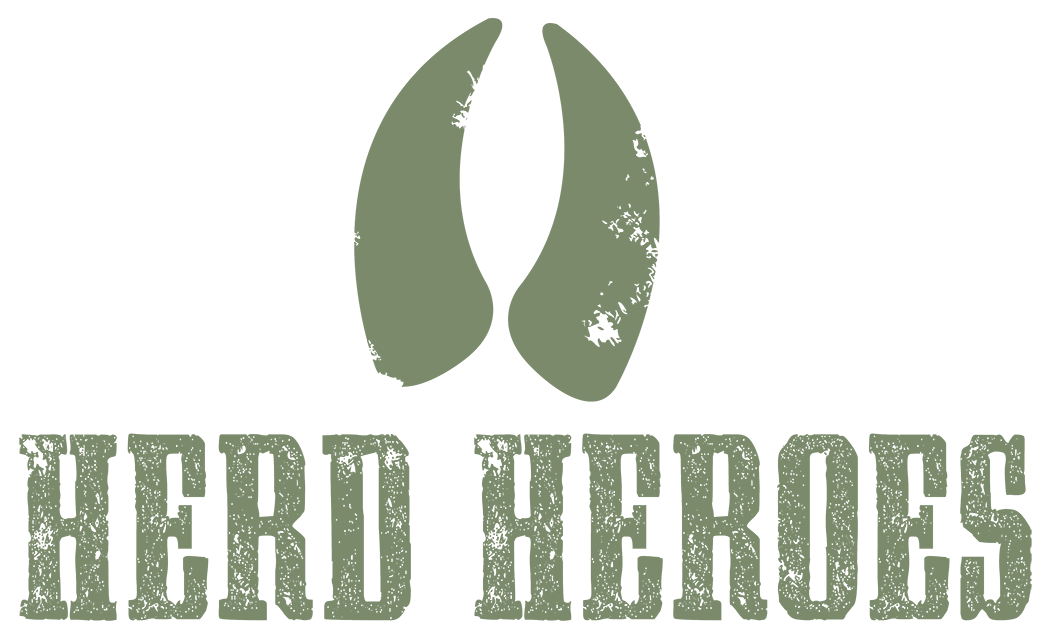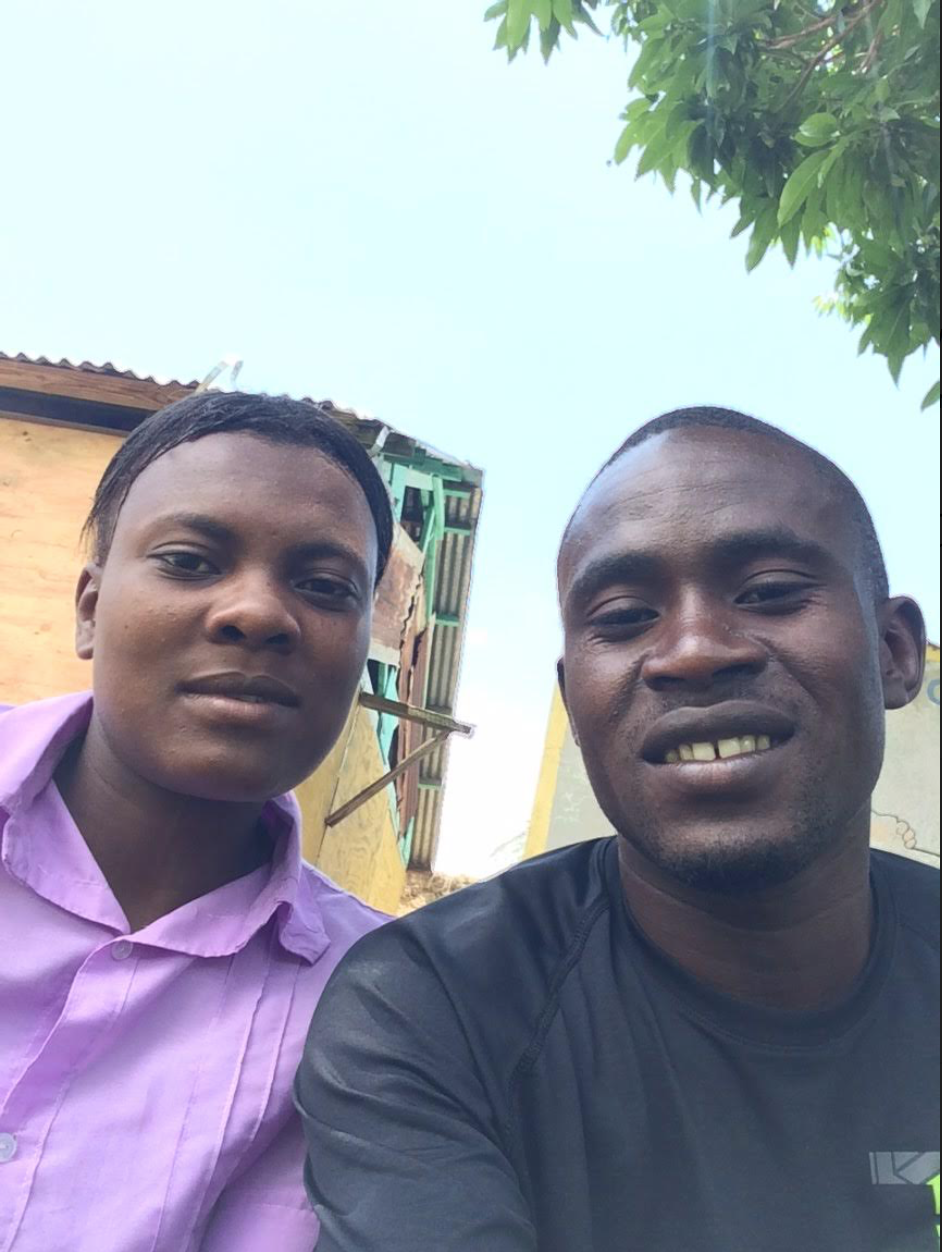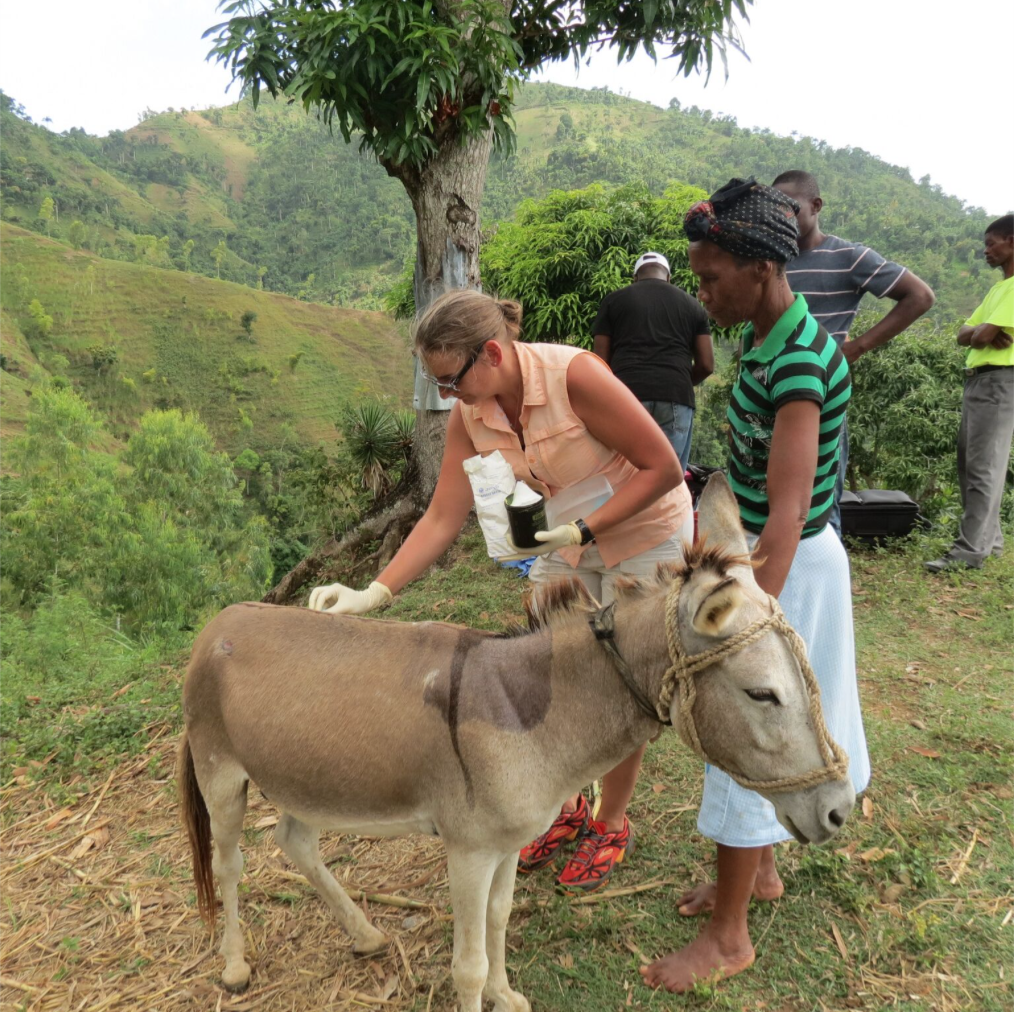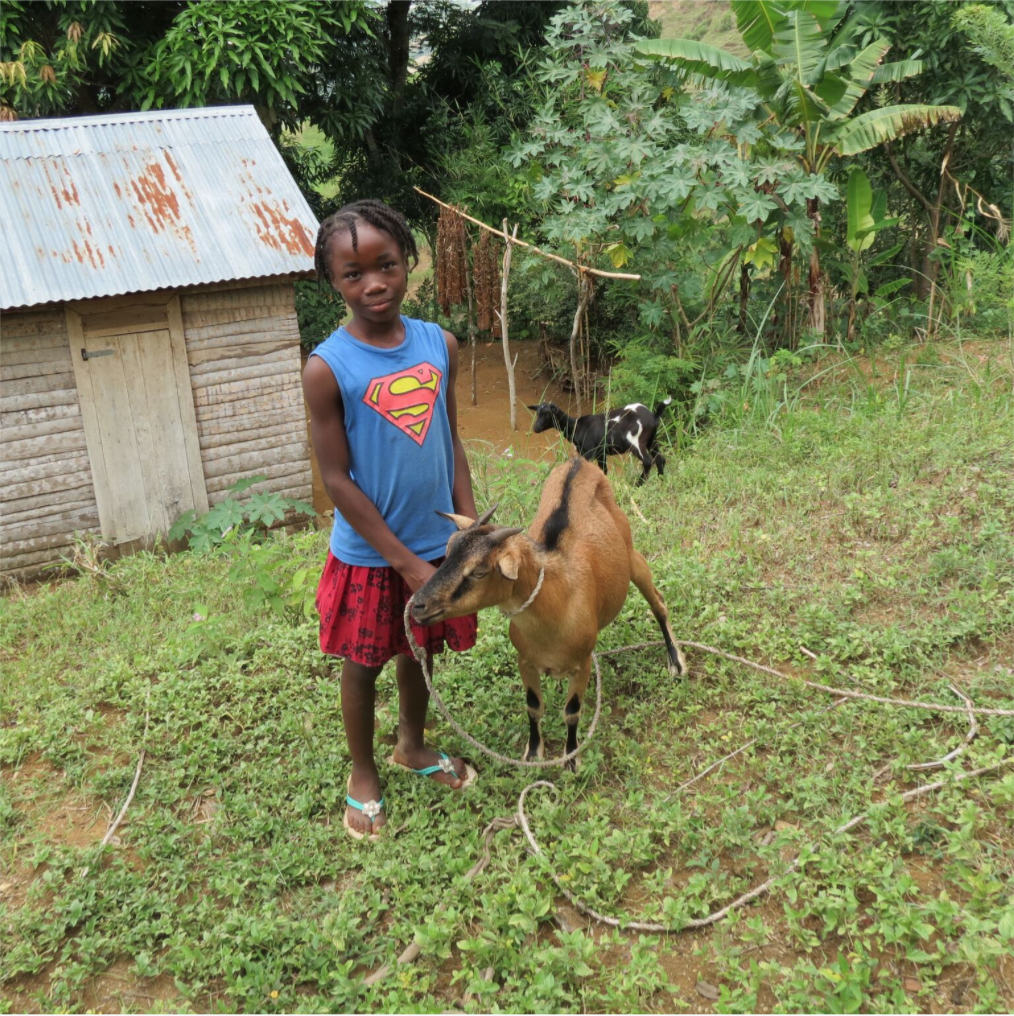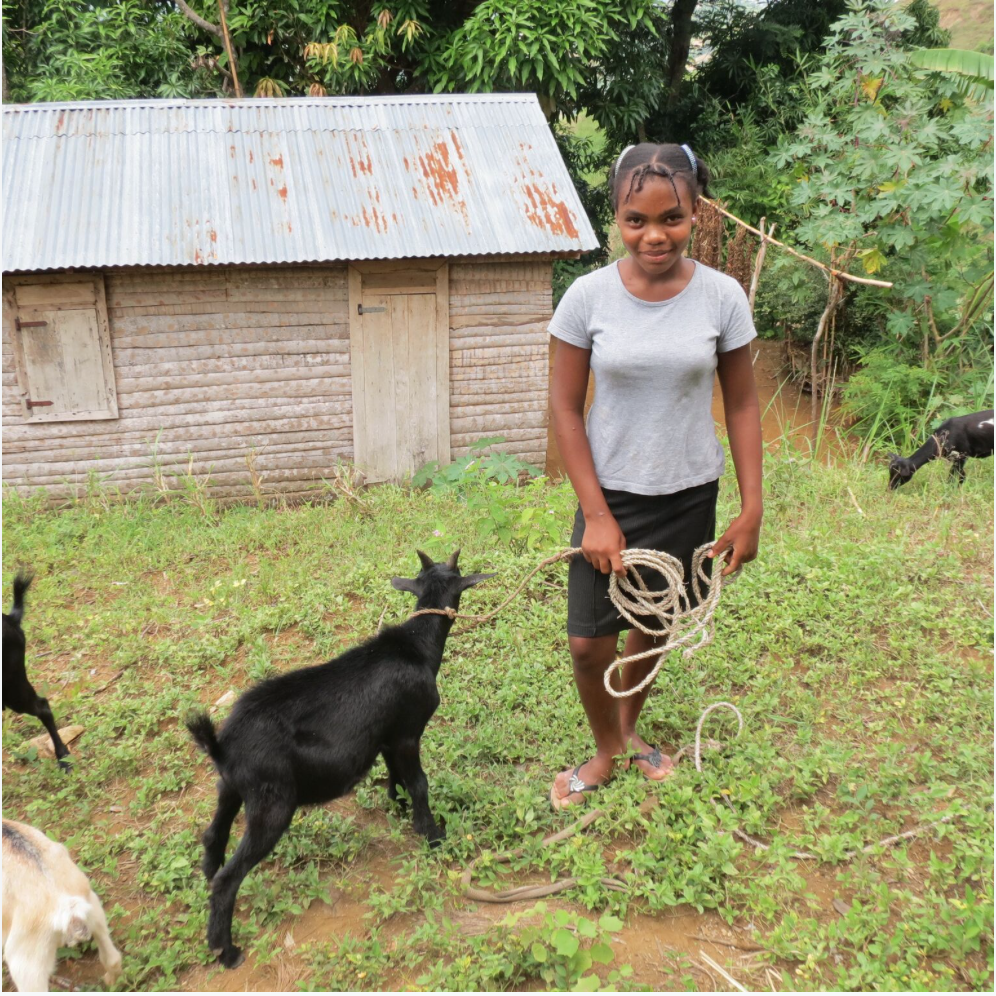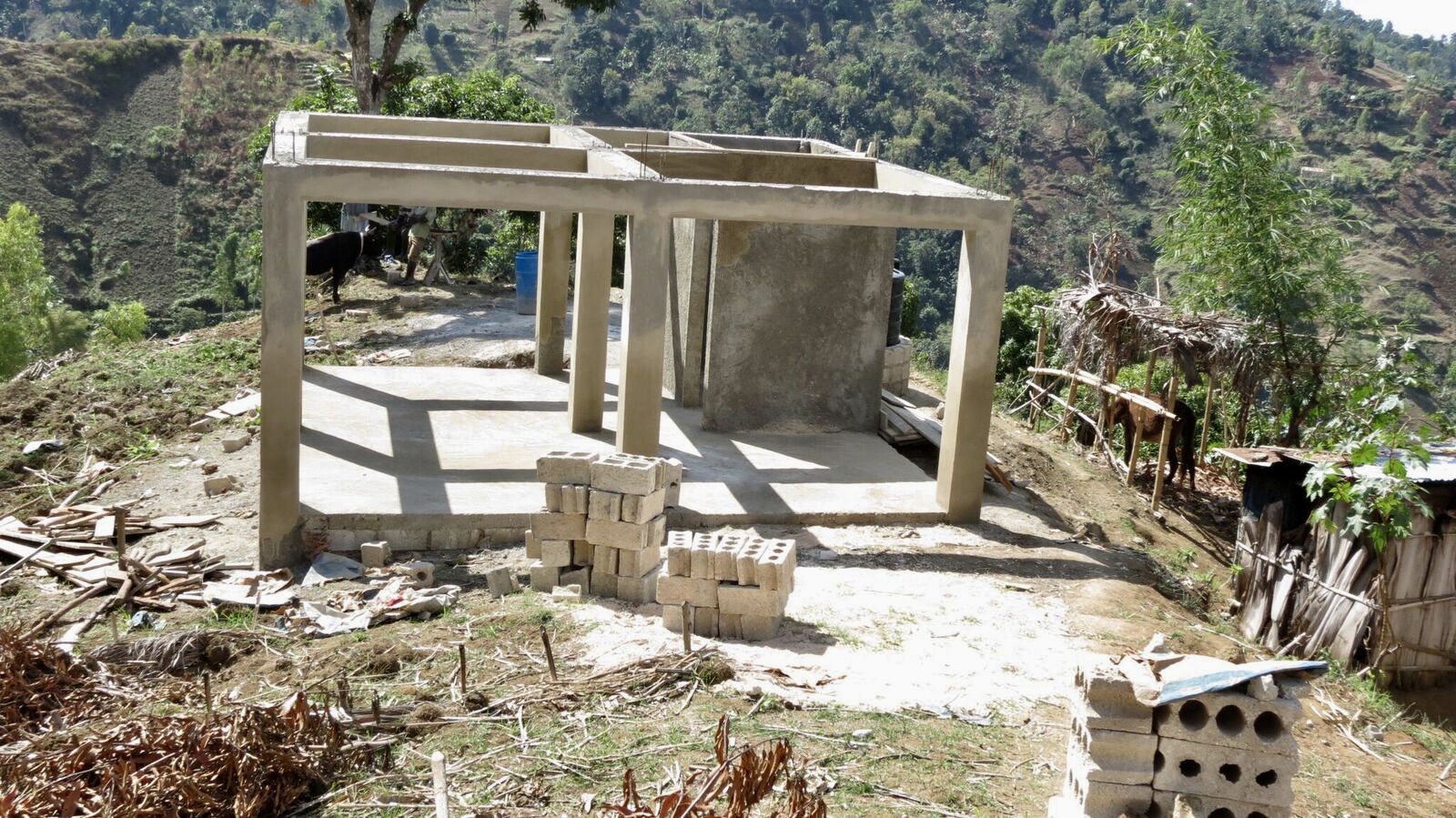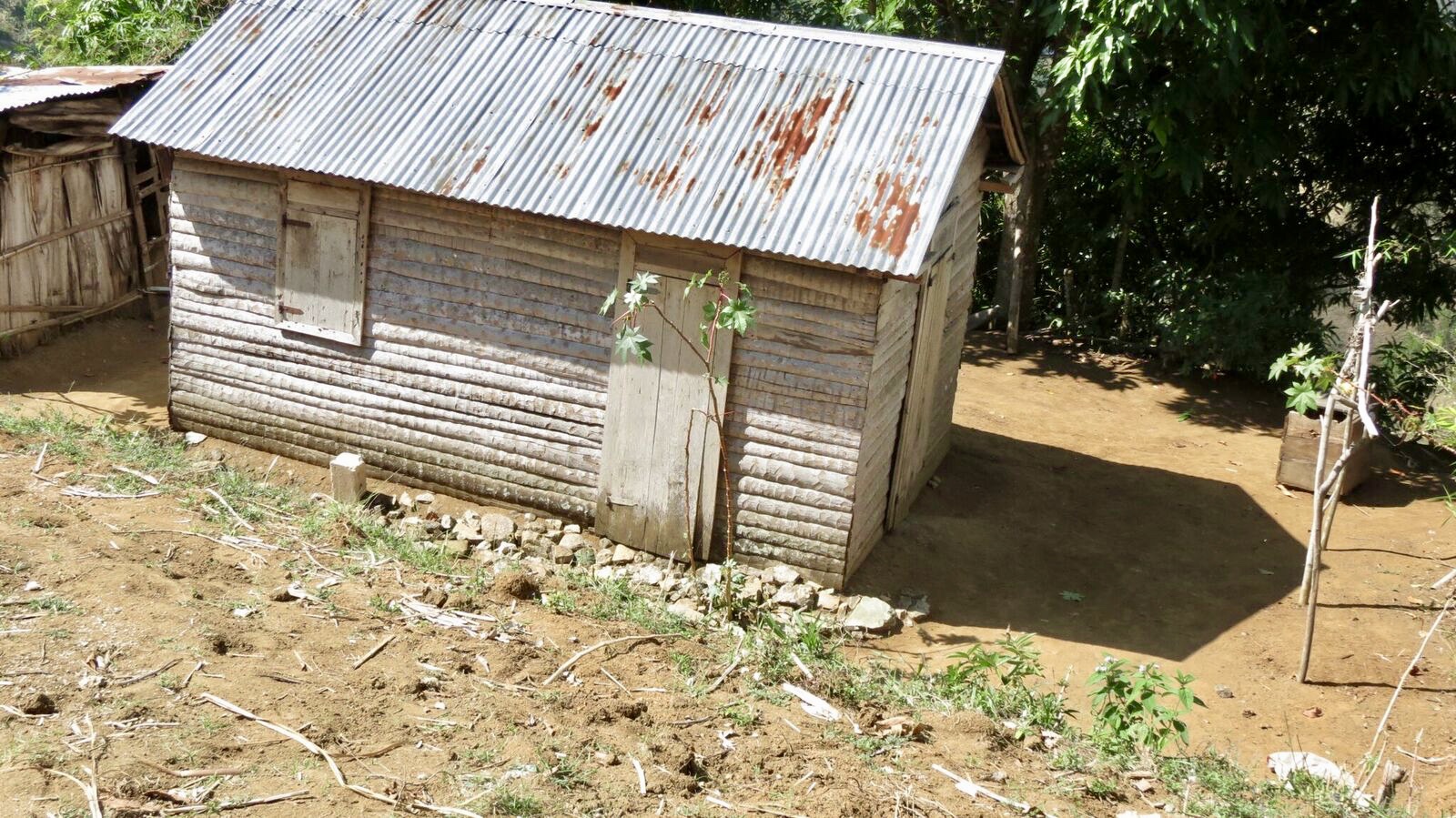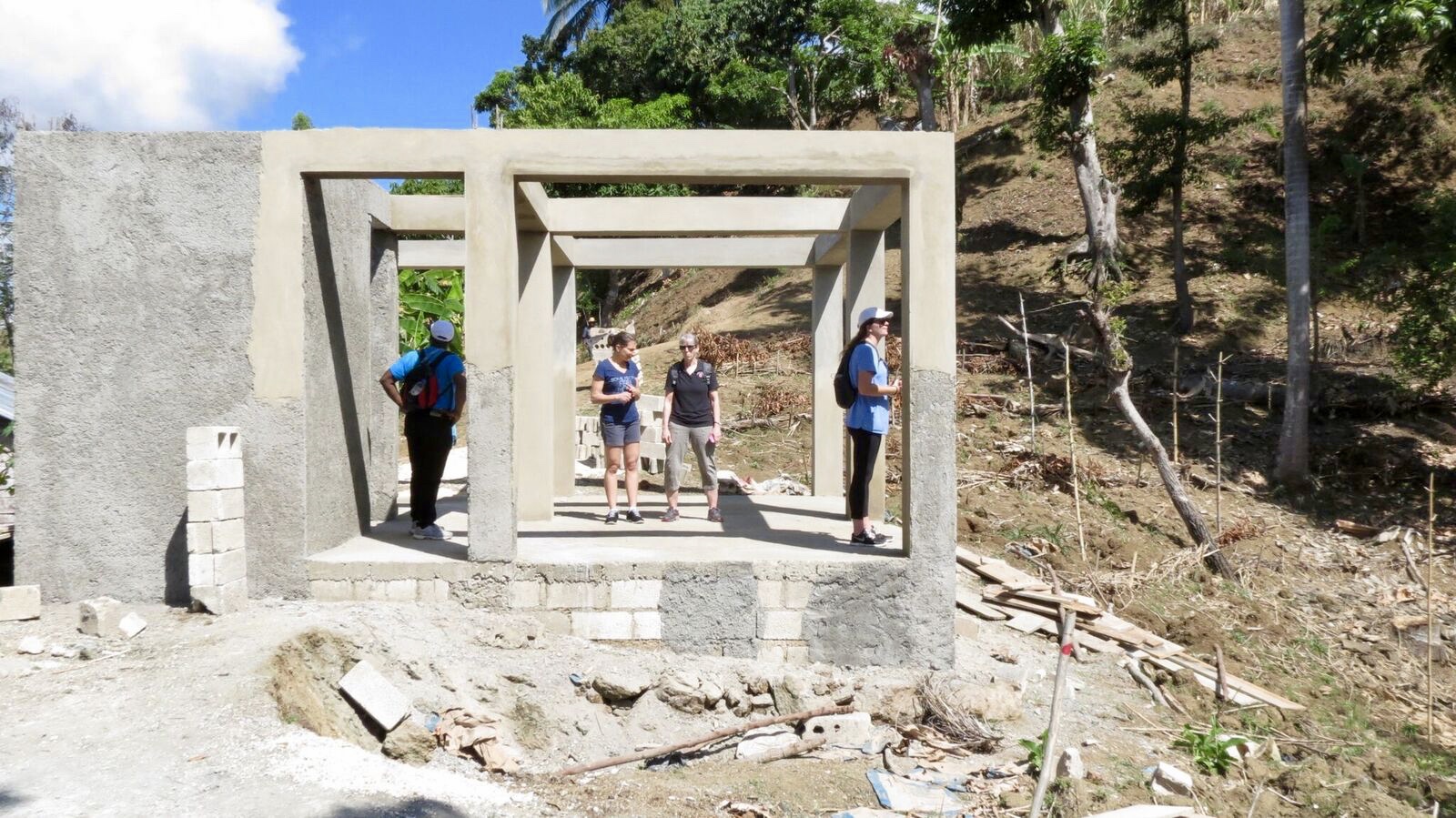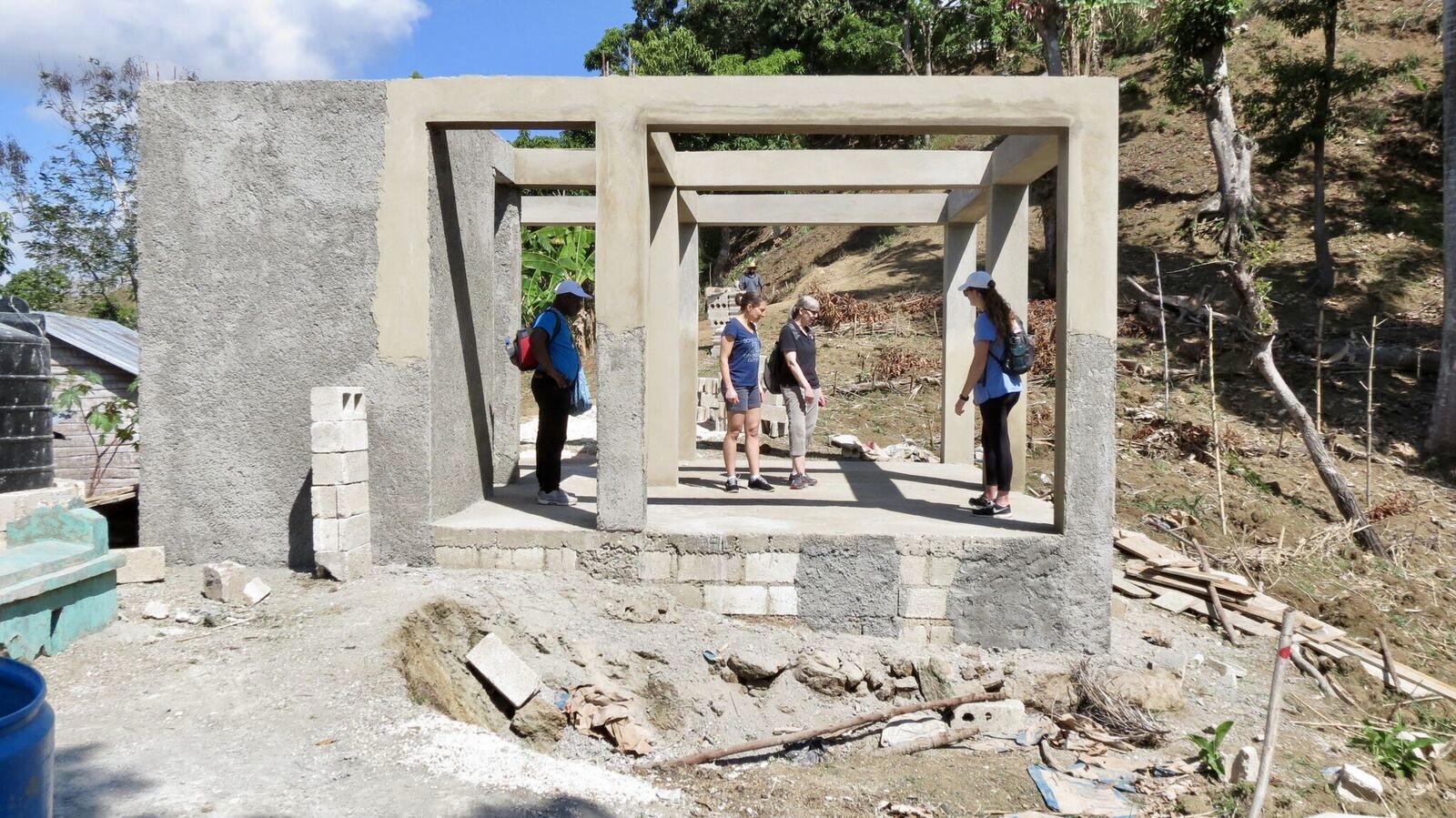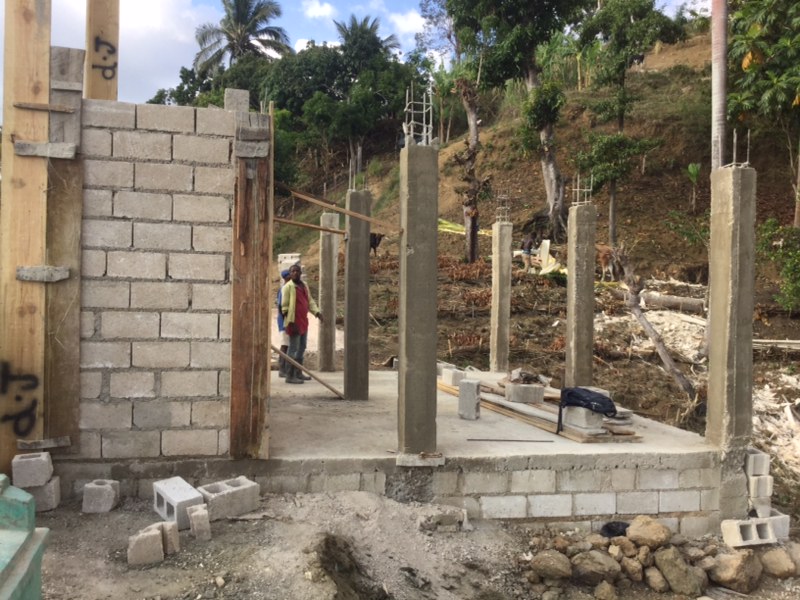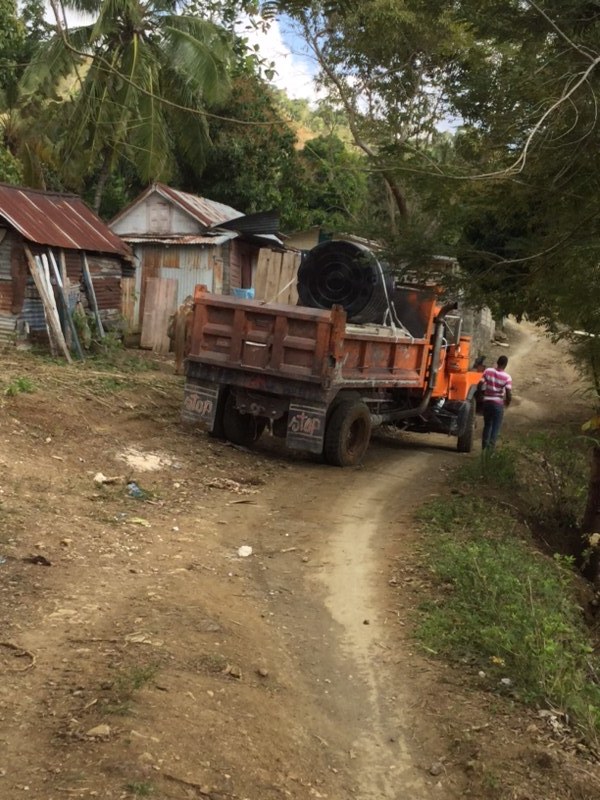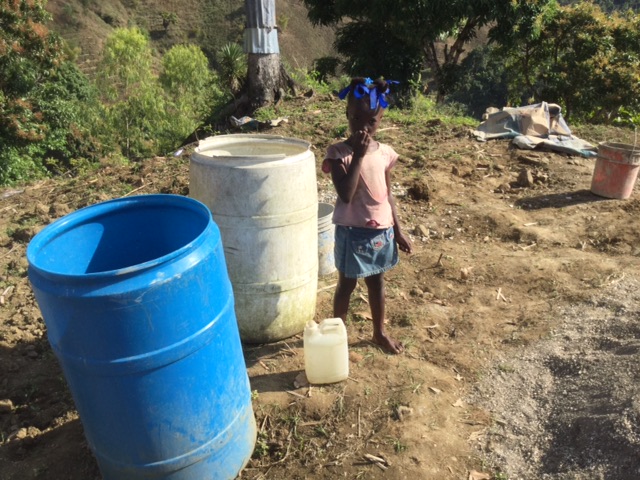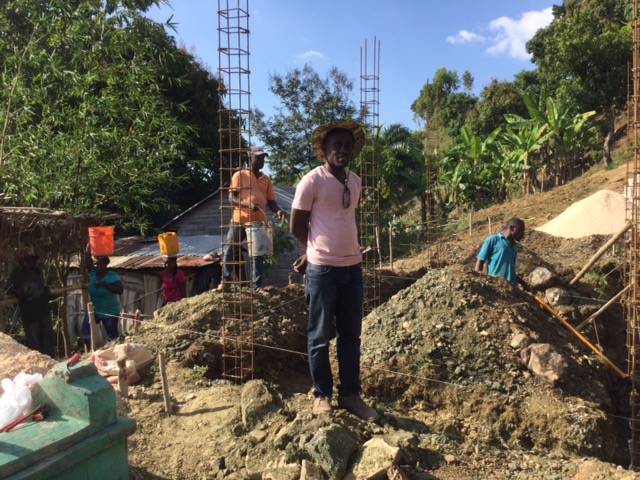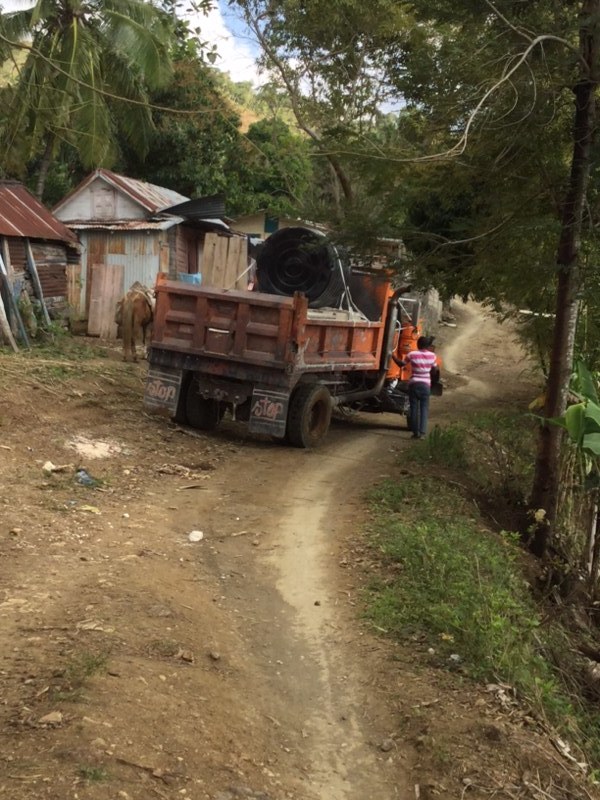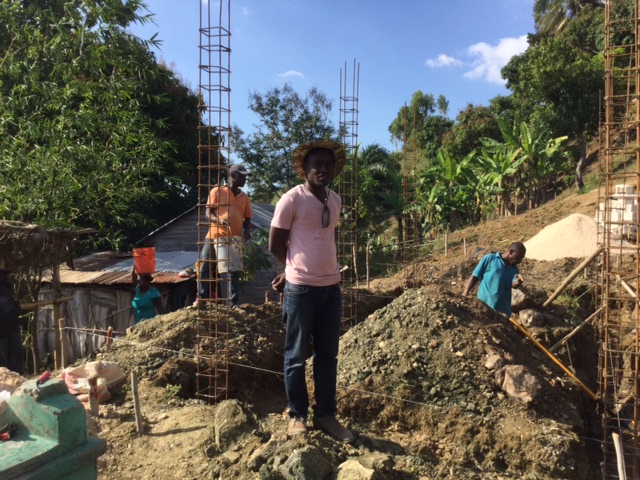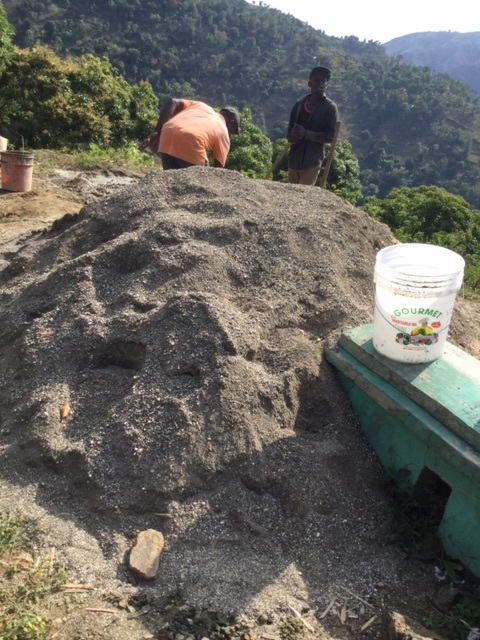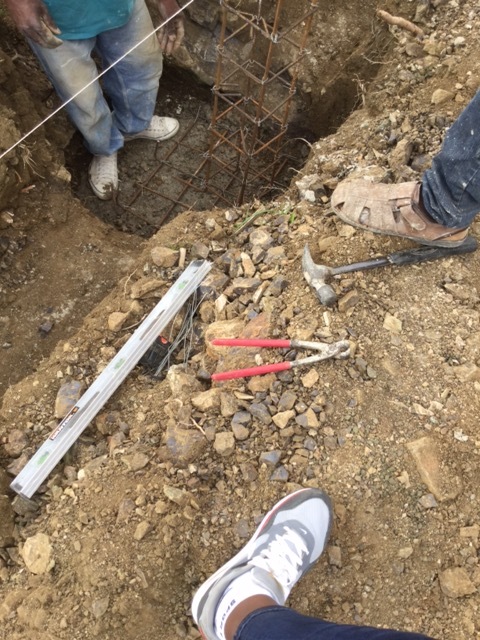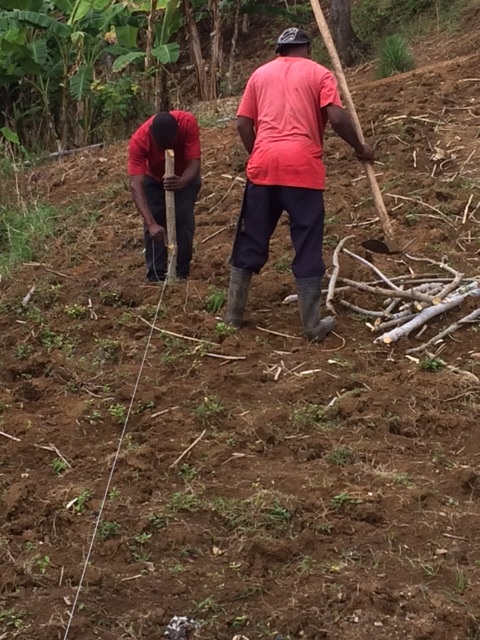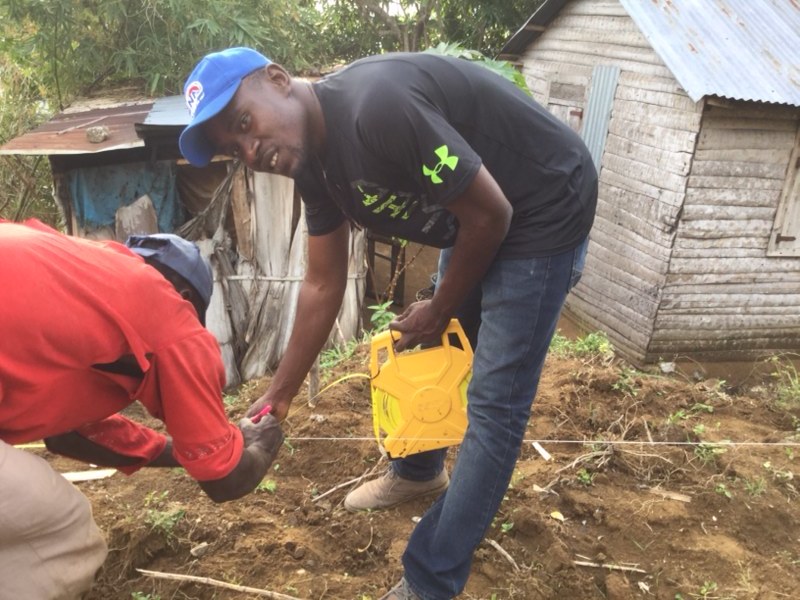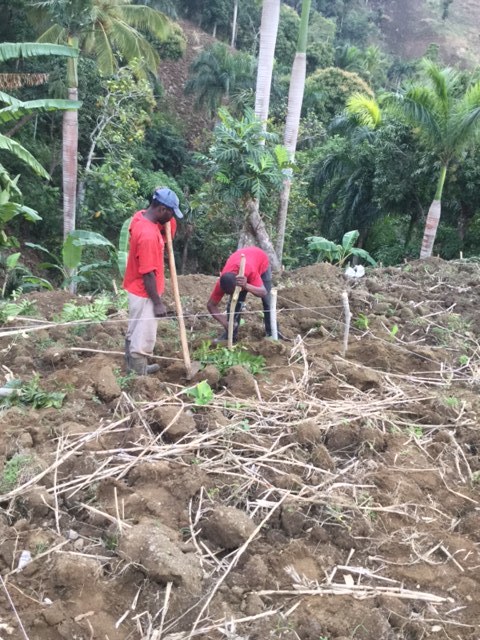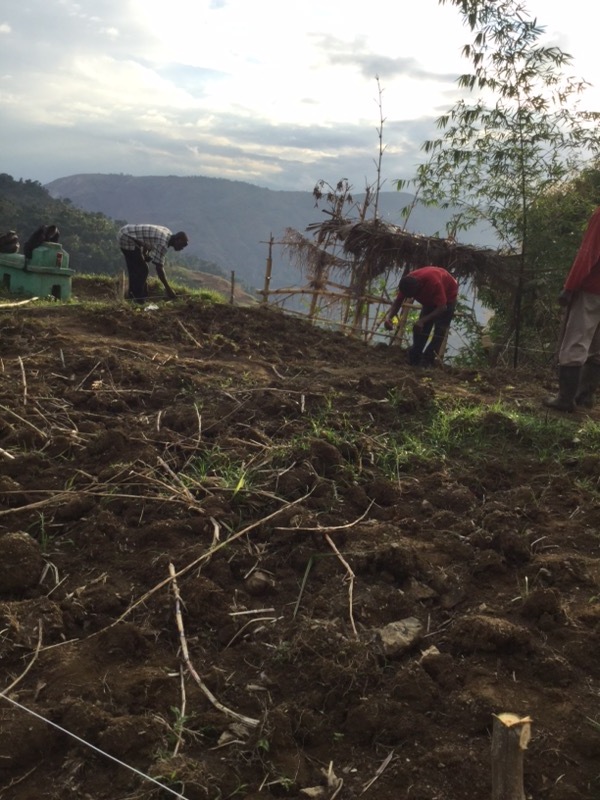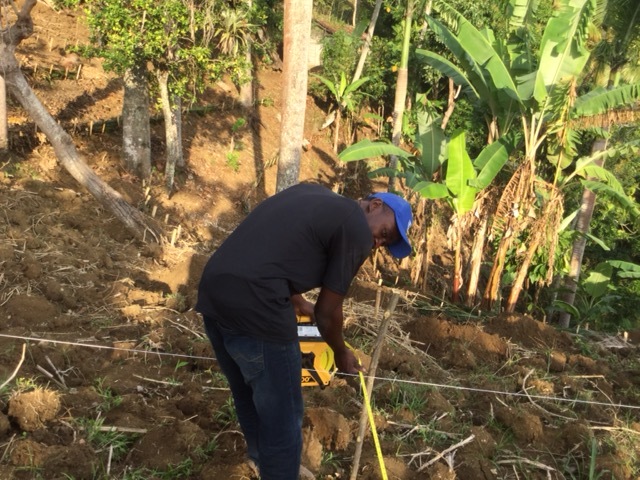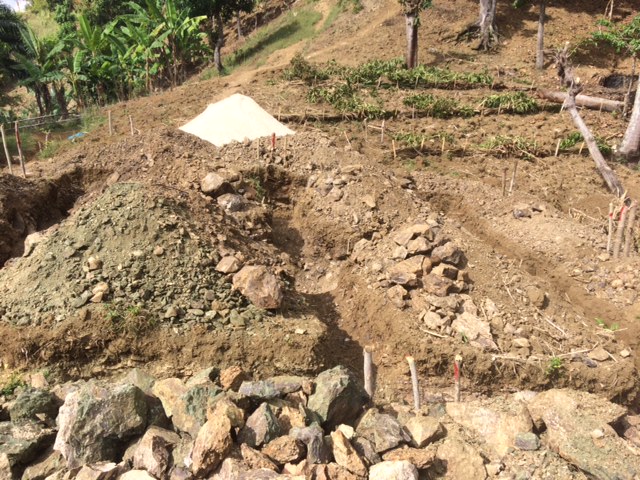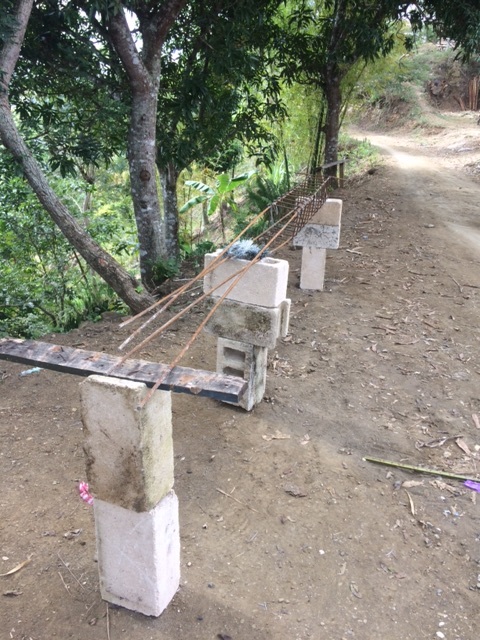Written by Rebecca Di Tucci
Purchasing and creating meals from locally grown food products[1]has become increasingly popular in restaurants and grocery stores around the U.S. Advocates cite the food’s superior quality in comparison to products shipped hundreds of miles, as well as the additional benefit of helping support local farmers and producers. Although this is a relatively new trend in the US, developing nations with the potential for a strong agricultural sector have always relied on local farms to keep their economy stable. When inexpensive food products from high-producing nations like the U.S. flood the markets of developing nations like Haiti, local farms cannot compete, resulting in more than just a loss of jobs and healthy, high-quality food. A way of life is lost for families who have farmed the lush, steep hillsides of this country for generations, leaving prime farming country vulnerable to deforestation. For Haitians, the “local food movement” needs to be an imperative, not just a trendy way to preserve family farms and forestall suburban sprawl.
In January of 2108 alone, Haiti spent approximately $377 million on imported products. A majority of that cost was attributed to rice, wheat, and other food staples. Many developing nations spend a lot of money on imports when they would benefit economically from investing in agricultural expansion, further promoting self-sustainability. U.N. Humanitarian ChiefJohn Holmes stated, "A combination of food aid, but also cheap imports have ... resulted in a lack of investment in Haitian farming, and that has to be reversed."[2] In order for Haiti to become more self-sufficient and independent, it needs to increase local sourcing by growing the products that it imports most (Rice, Wheat and Chicken).”
Natural disastersalso play a part in local farming and the ability to sustain populations solely based on locally sourced food.[3]A major issue local farmers face in Haiti is flooding and strong winds during hurricane season. Haiti depends heavily on imports during these months. Preventative measures, including watershed protection, better irrigationsystems, and improved early warnings for farmers with exposed livestock, could potentially improve Haitian farmers’ resilience during natural disasters. Lack of government funding for advancements in agriculture has left Haiti vulnerable to hurricanes and tropical storms, and ultimately reliant on US and other nations’ exports and food aid.
A model for using locally sourced food as an alternative to imported food as a means of providing aid to food-insecure populations is the Farm to Forkprogram operated by the Haiti Goat Project in the Ouest Department of Haiti.. The Haiti Goat Project (HGP) is an agricultural development project founded by Dr. Charlotte Farin of North Carolina State University. The HGP supports two major programs: Farm to Fork and Goat Genetic Improvement. Farm to Fork focuses on serving healthy lunches to Haitian elementary school students at risk of malnutrition using locally sourced meat and vegetables. The program’s main goals are focused on meeting the nutritional needs of growing schoolchildren without relying on imported products. The goal of the Goat Genetic Improvement program of the HGP, is to enhance the genetic background of native Haitian goats using innovative breeding practices that result in animals capable of better growth, better meat production, and greater value at market. Farm to fork also purchases goats from smallholder farms scattered throughout the communities surrounding the schools where their program is implemented.
Farin, a Ph.D animal scientist, worked with an American-trained Haitian chef to create a high protein and nutrient-rich chili recipe which provides 100% of the daily recommended amounts of protein, Vitamin A, and iron for children between the ages of 4 to 10 years. The recipe uses lean cuts of goat meat and fresh cooked vegetables such as tomatoes, onions, peppers, spinach, carrots, and eggplant. Beans and spices are also included to make the meal palatable to children who are familiar with the look and flavor of traditional Haitian dishes. The chili is prepared under the supervision of a Haitian chef and delivered ready-to-eat to three different rural elementary schools on a weekly basis. The program has been able to increase the number of meals they deliver from 275 meals per month in 2014 to the current total of 2,700 meals per month. They have plans to expand the Farm-to-Fork program into additional communities in Haiti. Given the number of meals currently delivered and the future expansion plans, Farm-to-Fork promises to provide a stable market for local farm products. Moreover, based on published literature, schoolchildren who are fed animal-source protein meals demonstrate better physical and intellectual development than children fed only plant-source protein meals [Hulett et. al., 2014. British Journal of Nutrition 111:875-886]. Farm-to-Fork seems to be a win-win proposition: it sustains local farmers and improves the health and well-being of schoolchildren.
Farin’s future plans include having the Farm-to-Fork operation completely run by local residents as a self-sustaining enterprise. To accomplish this, she travels to Haiti frequently to work with farm personnel and consult with the food-preparation teams. School lunch programs funded by churches and nonprofits are common in Haiti, and the Farm-to-Fork program seeks to extend this model by encouraging a redirection of funds away from importing grains and protein and towards locally-produced meat, beans, and vegetables.
For developing nations, purchasing locally is of paramount importance. Farmers depend on their yield to feed their families, and any excess they can sell. That money is then used for expenses like clothing, schooling for their children, and housing. Many local farmers lose out on potential revenue due to high importation rates of food staples from the US and other developed nations. In the worst case scenario, small farmers who are unable to compete with cheap imports are put out of business altogether. Although Haiti and many developing countries alike are dependent on imports, it’s also critical that residents and nonprofits buy locally to expand economic opportunities within the communities in which they live and work.
[1]https://www.foodabletv.com/blog/2017/1/12/2017-food-trend-predictions-local-sourcing-non-traditional-ethnic-cuisines-food-transparency-ancient-grains-and-more-are-on-this-years-agenda
[2]http://www.nbcnews.com/id/35967561/ns/world_news-americas/t/cheap-food-imports-haiti-cant-feed-itself/#.W0008S2-L6Y
[3]https://foreignpolicy.com/2013/01/11/subsidizing-starvation/
